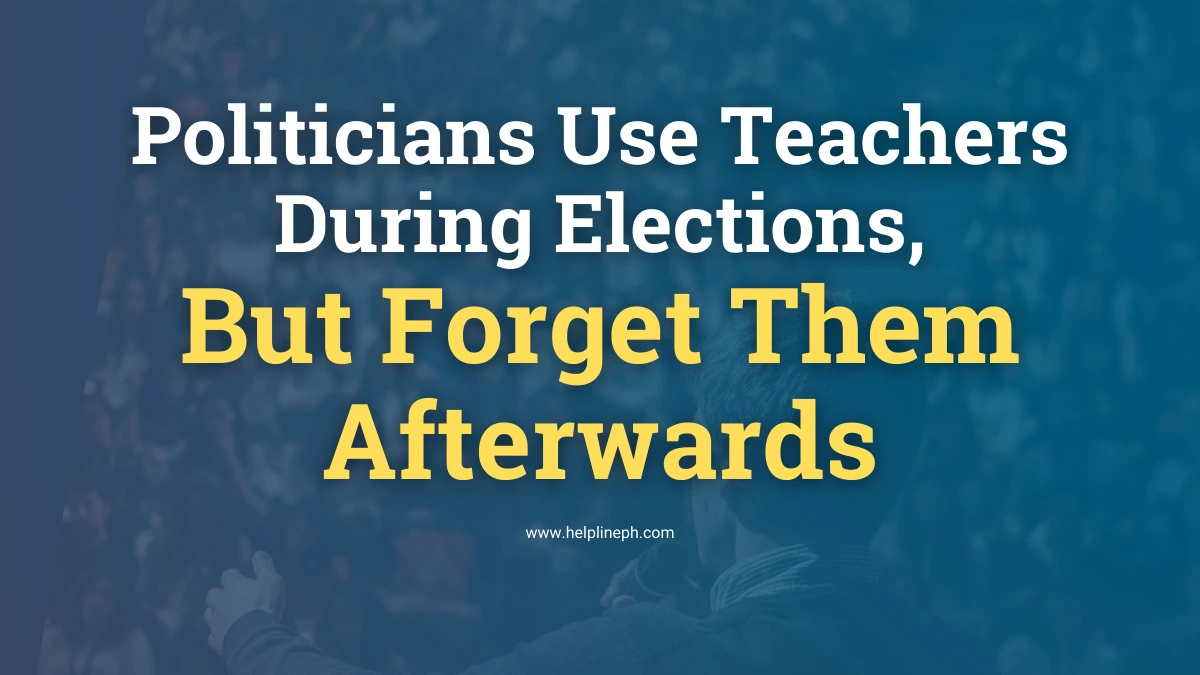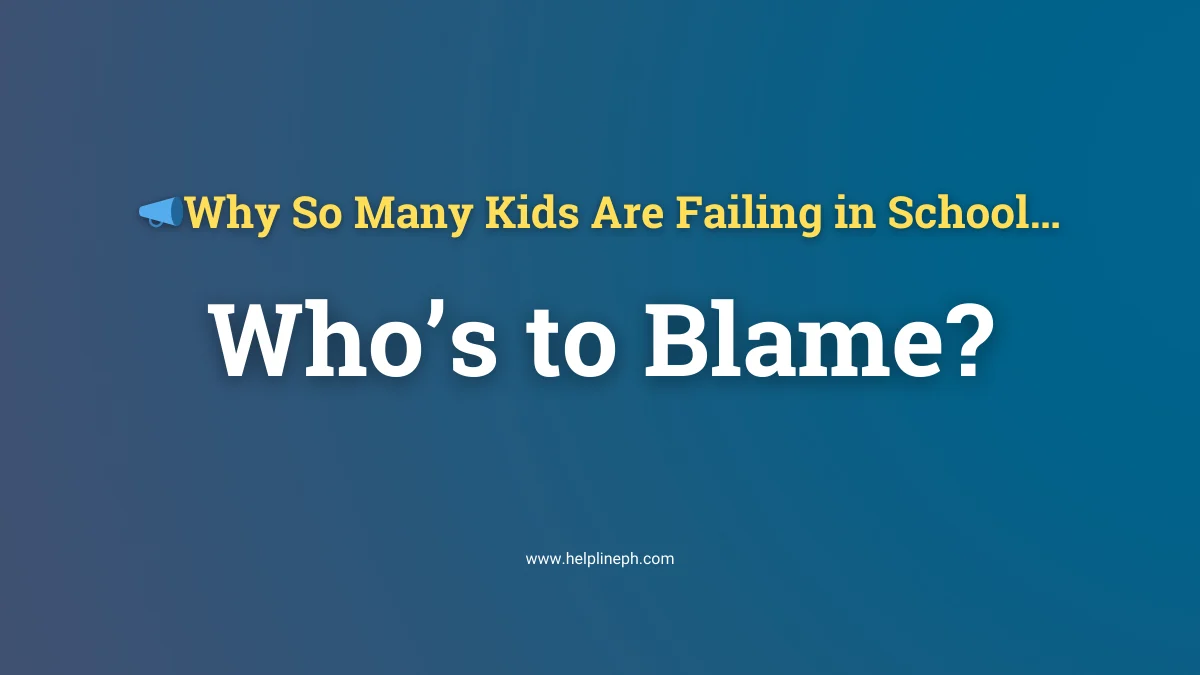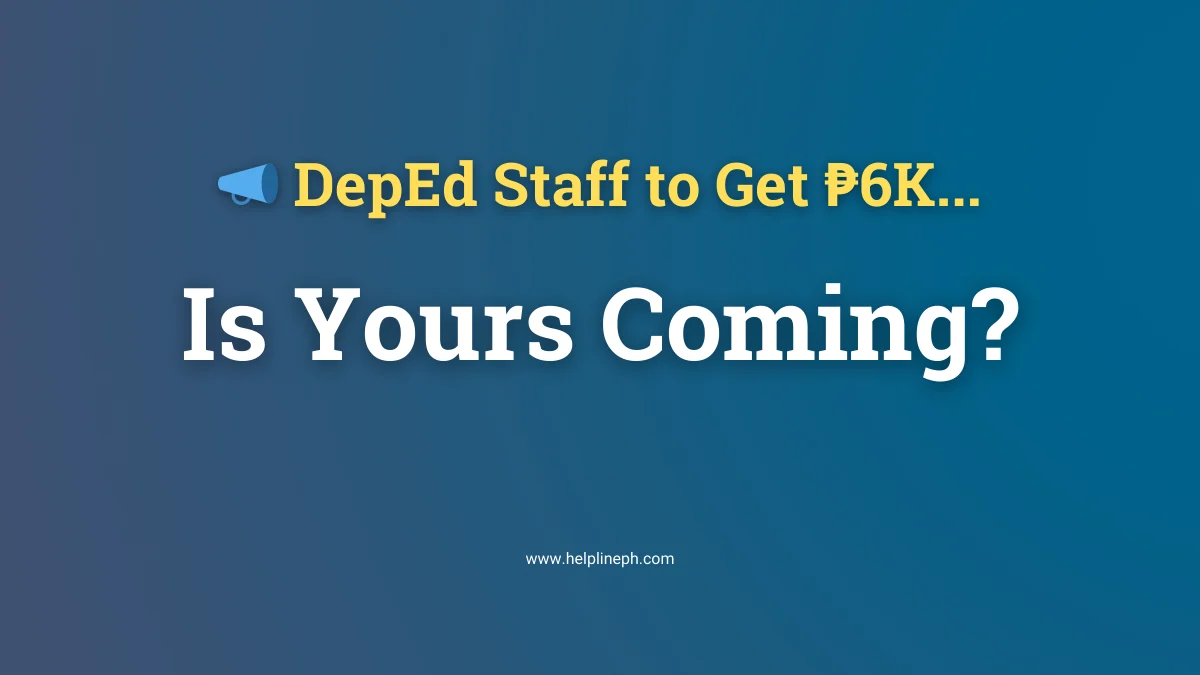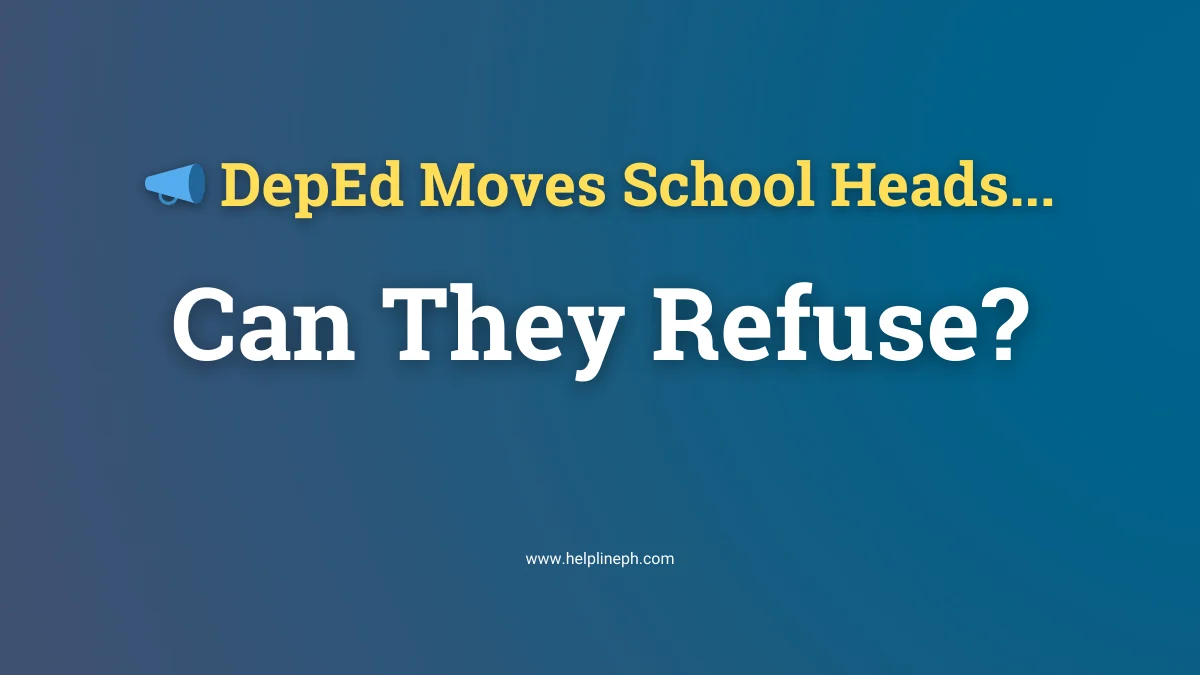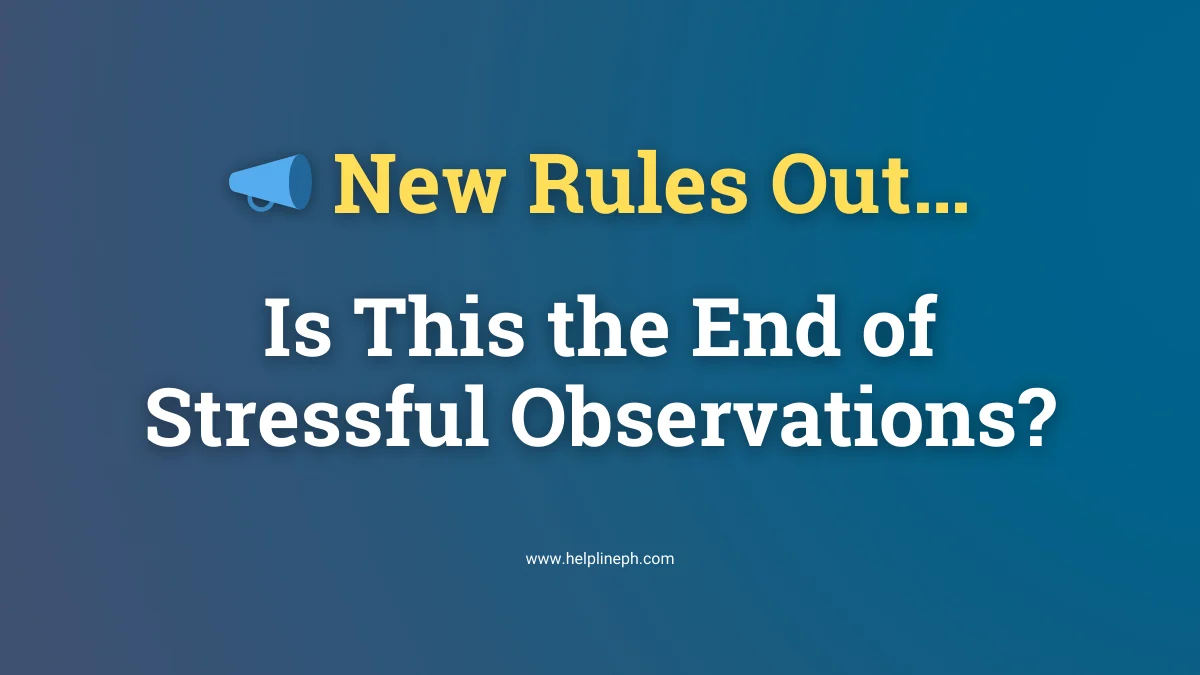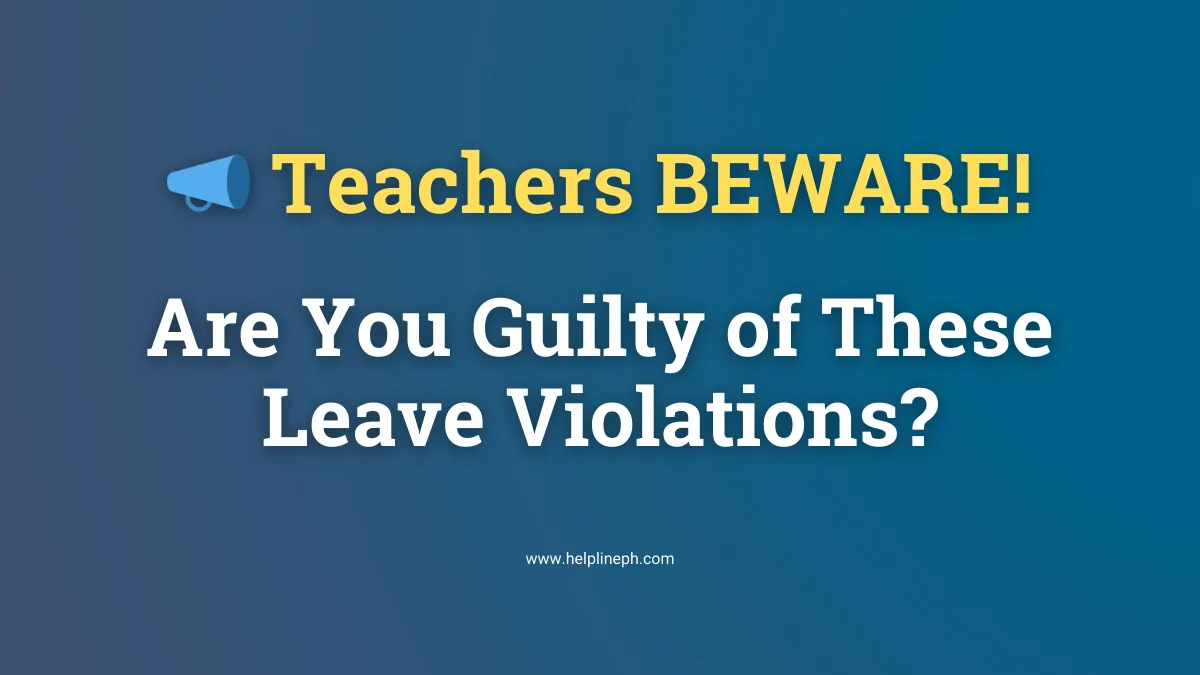During elections, politicians often rely on teachers to win votes. They make grand promises and include teachers in their political platforms, trying to gain their trust and support. However, once they win, many of these promises are forgotten.
Times are changing, and teachers are becoming more aware of these political tactics. They are no longer as quick to believe the promises made to them. Despite this, politicians continue to use teachers during election campaigns for several reasons:
Why Politicians Rely on Teachers During Elections
- Teachers Represent a Large Voting Group: Teachers make up one of the largest groups of voters in the country. Politicians know that gaining the support of the teaching community can significantly boost their chances of winning.
- Teachers Are Natural Influencers: Teachers have a unique ability to explain complex issues to the public. This skill makes them powerful influencers, which politicians try to use to their advantage.
- Teachers Work Hard During Elections: Every election season, teachers are some of the busiest people. They volunteer to help, often working long hours without complaining. This dedication is something politicians exploit to run smooth elections.
- Teachers Can Influence Public Opinion: Teachers are often seen as walking dictionaries and trusted sources of information. They have a significant impact on how others think and vote, making them valuable allies for politicians.
- Politicians Benefit the Most: Ultimately, politicians use teachers because they stand to benefit from their support. Once the election is over, however, many of the promises made to teachers are ignored.
The Broken Promises
After winning, many politicians fail to follow through on their promises to improve the lives of teachers. This has been a recurring problem for years. Teachers often feel used and overlooked, despite their crucial role in society and their efforts during elections.
The Changing Attitude of Teachers
Today’s teachers are not as easily fooled as before. They have grown wiser and more cautious about political promises. They no longer accept empty words and instead demand real actions from those in power. Politicians need to understand that teachers are now more aware of the tricks used during elections.
The Lesson for Politicians
If politicians want to gain the trust of teachers, they need to walk the talk. This means fulfilling their promises and actively defending teachers’ rights and interests. Teachers contribute significantly to the country, and they deserve respect and honesty from those who seek their support.
In the end, politicians should recognize the true worth of teachers and keep their promises. Only then will they earn the lasting trust and support of the teaching community.
This is the updated article of Politicians will always use teachers during elections but will forget about them after they won.
Frequently Asked Questions (FAQs)
Why do politicians target teachers during elections?
Politicians target teachers because they are a large group of voters and have the ability to influence the public’s opinions.
Do teachers still believe the promises made by politicians?
Many teachers have become more cautious and skeptical of political promises due to past experiences of broken commitments.
What role do teachers play during elections?
Teachers often serve as election volunteers, working hard to ensure smooth elections. They also influence public opinion through their interactions with students, parents, and communities.
How can politicians earn the trust of teachers?
Politicians can earn teachers’ trust by fulfilling their campaign promises, supporting teachers’ rights, and acknowledging their contributions to society.
What happens after the elections regarding the promises made to teachers?
Unfortunately, many politicians forget their promises to teachers once they are elected, leading to disappointment and mistrust among the teaching community.
